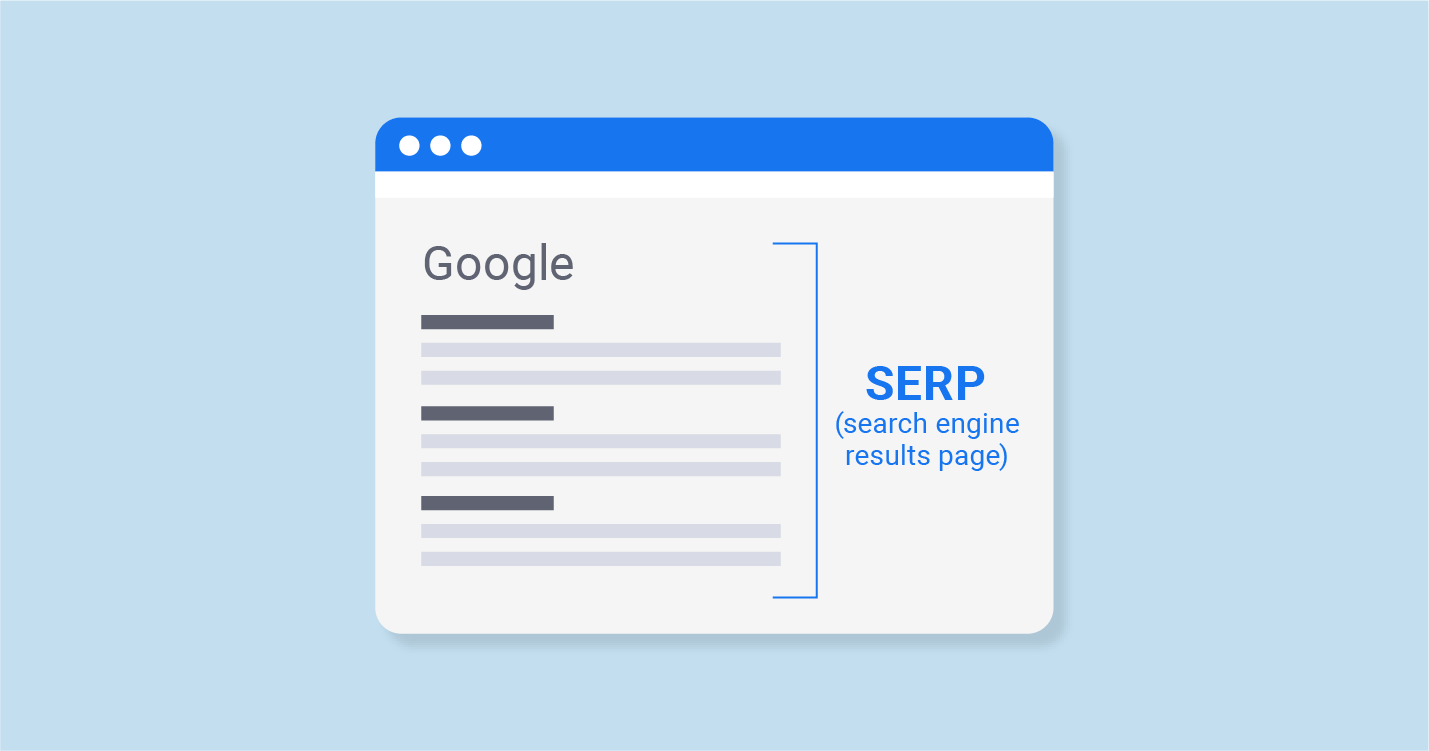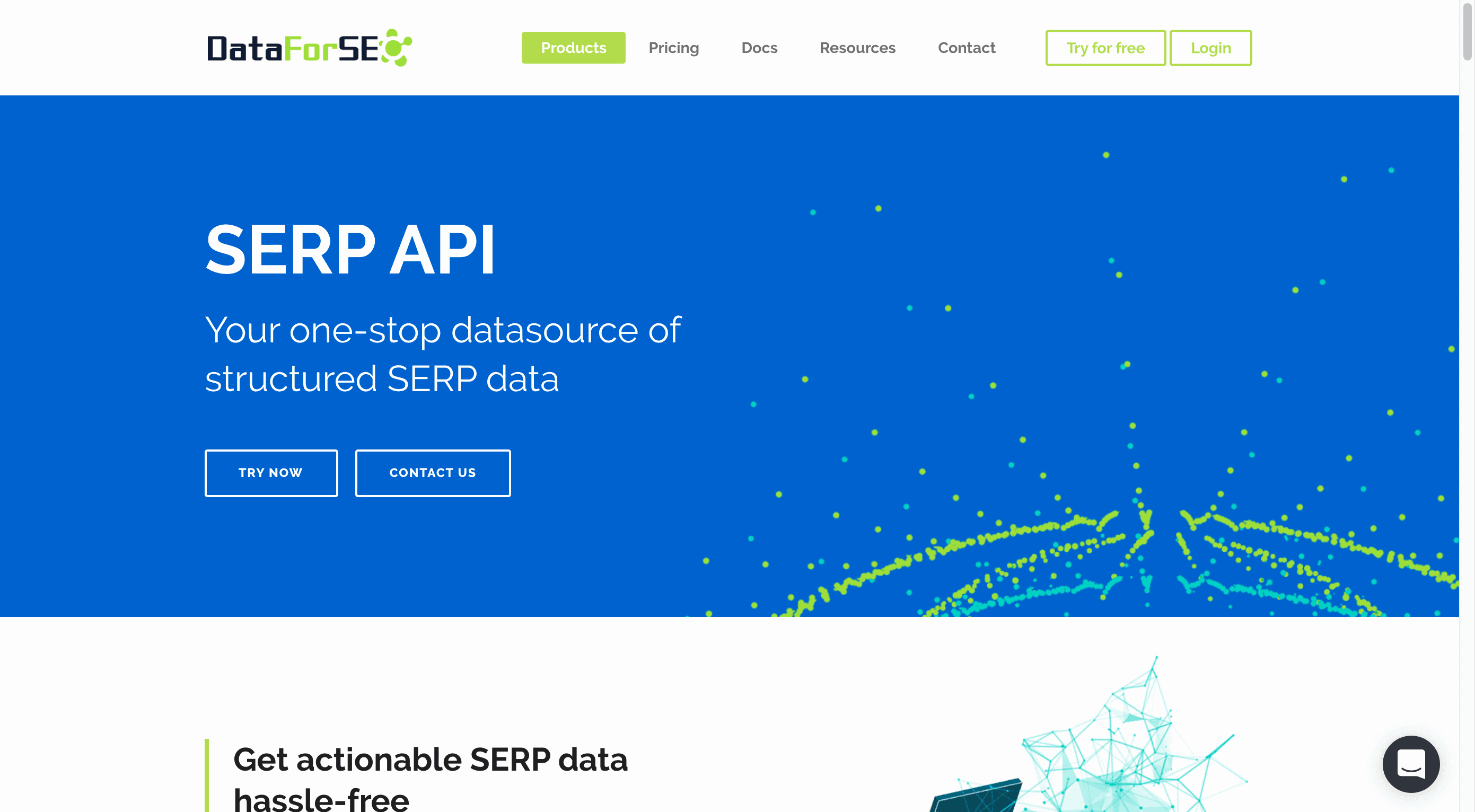Unlocking The Power Of SERP Tracker API For SEO Success
In the ever-evolving world of digital marketing, tracking search engine rankings is crucial for businesses looking to optimize their online presence. One of the most effective tools for achieving this is the SERP Tracker API. This powerful application programming interface allows marketers to access real-time data on their website's performance in search engine results pages (SERPs), enabling them to make informed decisions and refine their SEO strategies. With competition intensifying across various industries, leveraging a SERP Tracker API can provide a significant edge.
Utilizing a SERP Tracker API not only provides insights into keyword rankings but also helps organizations understand their position relative to competitors. By integrating this tool into your digital marketing strategy, you can gain a comprehensive view of how your website is performing and identify areas for improvement. As a result, businesses can optimize their content, enhance user experience, and ultimately drive more organic traffic to their sites.
Moreover, the SERP Tracker API can automate the data collection process, saving time and resources. Instead of manually checking rankings, marketers can receive regular updates on their performance, allowing them to focus on other important aspects of their business. In this article, we will explore the significance of the SERP Tracker API, delve into its functionalities, and understand how it can be leveraged for better SEO results.
What is a SERP Tracker API?
A SERP Tracker API is a specialized tool that provides developers and marketers with programmatic access to search engine ranking data. This API allows users to retrieve information related to their website's visibility on search engines like Google, Bing, and Yahoo. By utilizing this API, businesses can track their keyword rankings, monitor changes over time, and analyze their SEO performance efficiently.
How Does a SERP Tracker API Work?
Understanding how a SERP Tracker API operates is essential for maximizing its potential. The API communicates with search engines, querying them for ranking data based on specific keywords. The information returned can include:
- The current ranking position of a website for given keywords
- The search volume and competition level for those keywords
- Historical ranking data to track progress over time
- Competitor rankings for the same keywords
By processing this data, businesses can refine their SEO strategies and make data-driven decisions.
Why Should You Use a SERP Tracker API?
Utilizing a SERP Tracker API presents numerous advantages for businesses aiming to improve their SEO efforts. Here are some compelling reasons:
What Are the Key Features of a SERP Tracker API?
When choosing a SERP Tracker API, it's important to consider the features it offers. Here are some key features to look for:
- Multi-search engine support: Ensure the API supports tracking across various search engines.
- Keyword tracking: Ability to track multiple keywords simultaneously.
- Historical data: Access to historical ranking information for trend analysis.
- Geo-targeting: Track rankings based on specific geographic locations.
How Can You Integrate a SERP Tracker API into Your Workflow?
Incorporating a SERP Tracker API into your existing workflow can be seamless with the right approach. Here’s how you can do it:
What Challenges Might You Encounter with a SERP Tracker API?
While the benefits of a SERP Tracker API are substantial, challenges may arise during its implementation. Some of these challenges include:
- Rate Limits: Most APIs have restrictions on the number of requests you can make in a given timeframe.
- Data Accuracy: The accuracy of the data can vary based on the API provider and the search engines being queried.
- Integration Complexity: Depending on your technical expertise, integrating the API may require additional resources or development time.
How to Choose the Right SERP Tracker API for Your Needs?
With numerous SERP Tracker APIs available in the market, selecting the right one can be daunting. Consider the following factors when making your decision:
Conclusion: Is a SERP Tracker API Right for You?
In conclusion, a SERP Tracker API is a valuable asset for any business looking to enhance its SEO performance. By providing real-time insights, automating data collection, and offering comprehensive analysis, this tool can significantly impact your digital marketing strategy. As you consider whether to integrate a SERP Tracker API into your workflow, weigh the benefits against the challenges and choose a solution that aligns with your business objectives. Ultimately, leveraging a SERP Tracker API can help you stay competitive in the ever-changing landscape of online marketing.



ncG1vNJzZmixn6PAtr7IZqWeq6RjsLC5jpycpZ2Sp7a1xZBuZqydoqV6tb7AnKKeql2Wvap6x62kpQ%3D%3D
